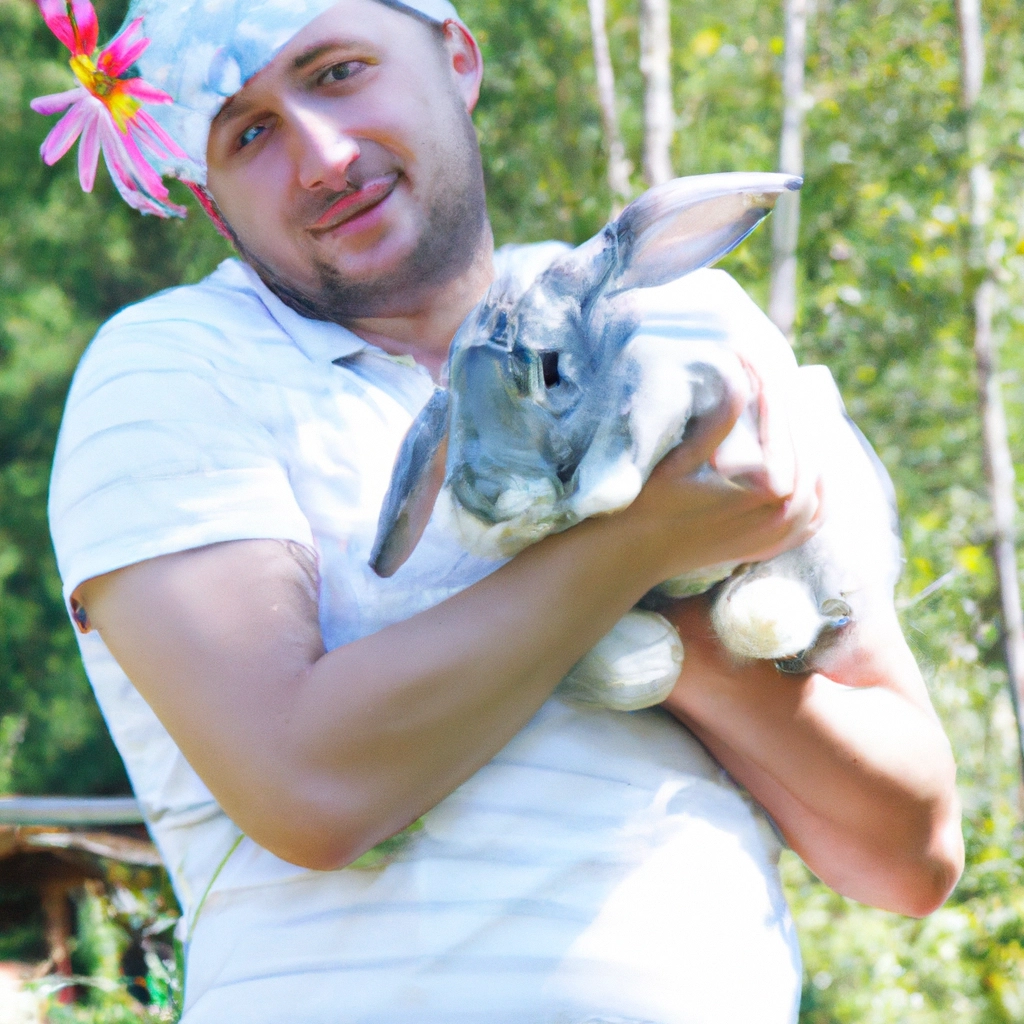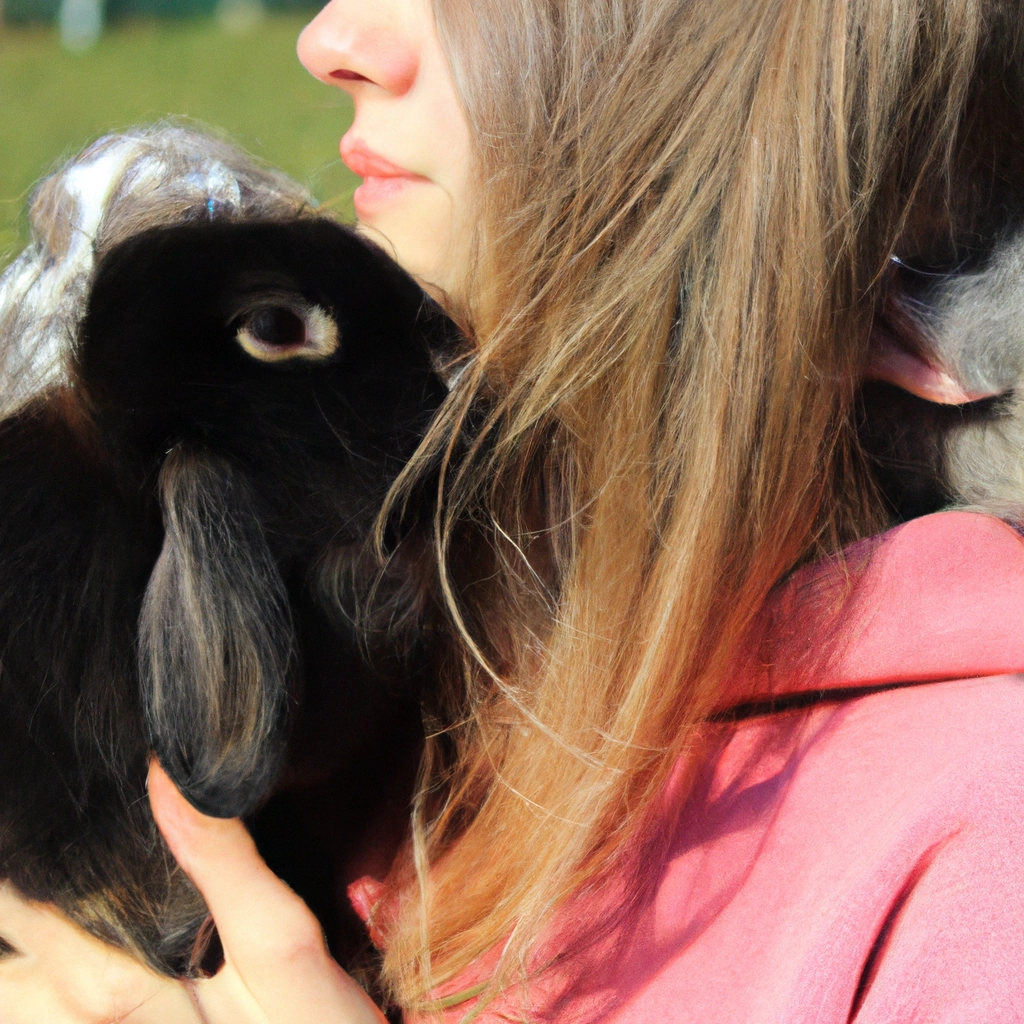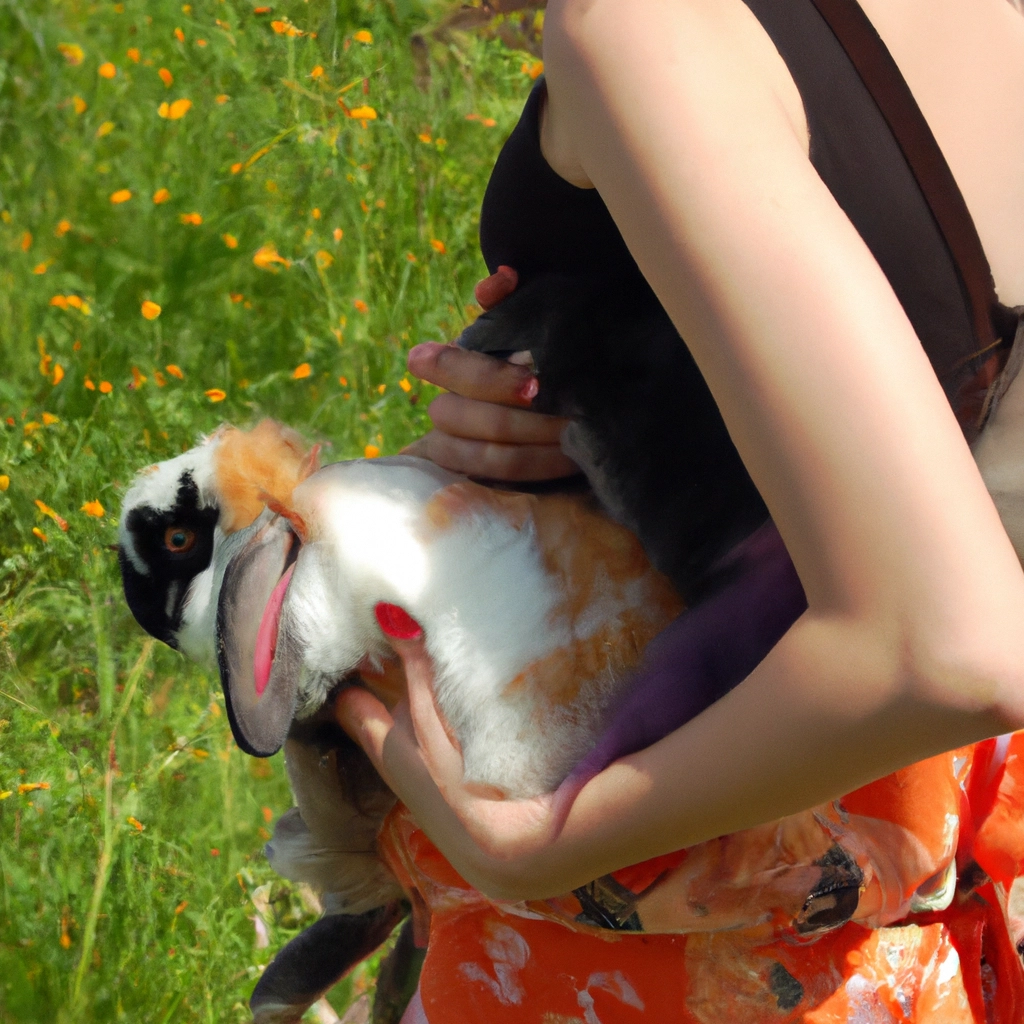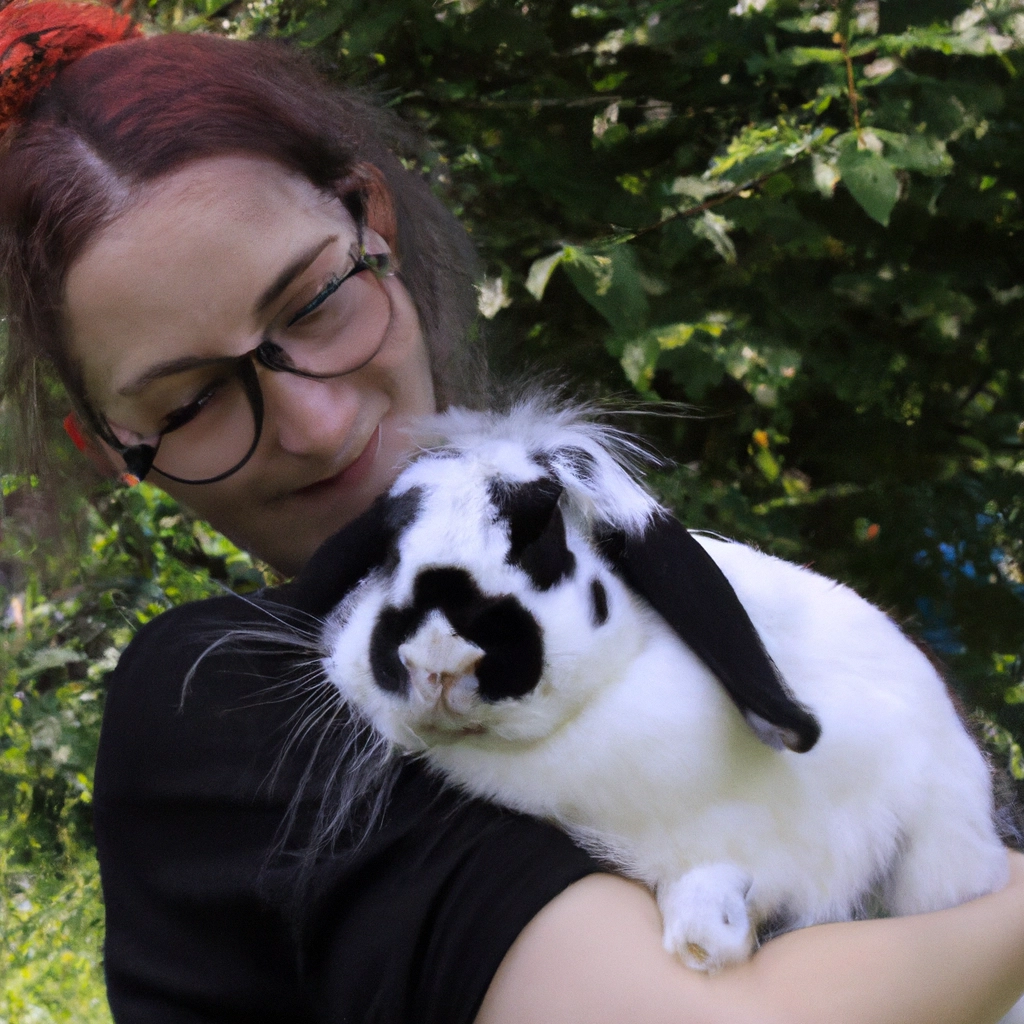| Behavior | Description |
|---|---|
| Initiating Interaction | Rabbits may seek attention and enjoy being petted by their owners. |
| Bonding | Rabbits can form strong bonds with their owners and show affection through actions like licking, nudging, or following them around. |
| Recognizing Their Owners | Rabbits have the ability to recognize their owners’ voices and appearances, indicating a level of attachment. |
| Dependence | Rabbits may become dependent on their owners for food, care, and social interaction, leading to attachment. |
| Emotional Response | Rabbits can display signs of distress when separated from their owners for extended periods, suggesting an emotional bond. |
Introduction
Understanding the depth of a rabbit’s affection can be as mystifying as it is delightful. Let’s hop into the intriguing world of human-rabbit relationships, unraveling the ties that bind these fuzzy companions to us. From personal musings to fact-based insights, we’ll explore the genuine connections formed between bunnies and their humans.
My journey into rabbit-human relationships began with a pair of bright eyes and twitching whiskers. Their subtle ways of showing fondness taught me that these creatures aren’t just pets; they can be companions, confidants, and, dare I say, friends.
Our tale weaves through personal anecdotes and professional expertise, sharing a heartfelt narrative that brings forth the facts, emotions, and undeniable truths of bonding with a bunny.
Understanding Rabbit Behavior
In the lush fields of the wild, rabbits are social creatures with complex hierarchies and connections. They rely on their community for survival, which translates into their domestic counterparts seeking companionship, possibly with humans.
When rabbits cross the threshold into our homes, their social behavior adapts. The domesticated bunny looks to us, their human counterparts, for guidance, companionship, and safety. My very first rescue taught me so much as I watched her navigate her new world with tentative leaps and bounds.
My inaugural adventure with a rescue rabbit opened my eyes. Despite being a prey animal, this little one showed a level of trust and curiosity that was both heartwarming and enlightening.
Bonding with Your Rabbit
Cultivating trust with these gentle creatures starts with committing to a haven of peace and quiet—a sanctuary where they can feel secure and understood. I learned to read her cues, creating a space where “hoppy” vibes could flourish.
Routines are like the drumbeats of comfort for rabbits. Regular feeding times, interaction, and playtime patterns form a rhythm that bunnies dance to, promoting stability and trust. With my pet, each consistent step built our bond stronger.
Shared experiences, from peaceful cuddles to playful binkies, were the building blocks of a relationship with my fur child. Each day, we learned a little more about each other, nurturing a friendship based on mutual respect and affection.
Signs of Attachment in Rabbits
Rabbits express their fondness in nuanced ways. A bunny’s attachment might come in the form of a nudge, a lick, or the gentle thump of their foot. My long-eared pal would often sit by my side, a silent show of companionship.
Understanding their body language and vocal expressions is key. The soft purring when content, the excited circles around your feet—the language of rabbits is spoken through movement and sound, as I came to realize each time my rabbit greeted me with enthusiasm.
Those unforgettable moments—whether my furry friend rushed to the edge of her hutch or flopped over for belly rubs—were clear indicators of the bond we shared. The affection was real, tangible, and reciprocated, as much as I provided her with gentle words and strokes.
The Impact of Bonding on Rabbit Health and Wellbeing
Emotional support goes both ways. Their reliance on us for comfort and security can deeply impact a rabbit’s overall health. It’s about emotional enrichment, as much as nourishing their bodies with healthy food.
The advantages of a strong human-animal bond transcend beyond the emotional realm, leading to physical benefits for the rabbit. A happy bunny will have a better immune system, appetite, and even life expectancy, much like nurturing any loved one in our lives.
Reflecting on the positive effects my relationship had on my rabbit, I realized the power of companionship. From her eager hops to her peaceful naps by my feet, her wellbeing became a testament to the love and care we shared.
Conclusion
So, can rabbits form deep connections with their owners? My experiences say yes, without a doubt. These endearing animals have the capacity to forge bonds that are as meaningful as they are subtle.
The rewards of nurturing such a special relationship with a rabbit are immeasurable. It’s a journey of mutual understanding, care, and affection that transforms both the rabbit’s life and the owner’s heart.
For those looking to raise a rabbit, I encourage you to delve into this unique companionship. It’s a path worth hopping along, filled with moments of joy and a companionship that grows with each passing day.
Frequently Asked Question
-
What are some signs that indicate a rabbit is forming a bond with their owner?
Some signs that indicate a rabbit is forming a bond with their owner include seeking out their owner for attention, such as nudging or nuzzling them, licking or grooming their owner, and even following their owner around the house. Rabbits may also show affection by flopping onto their side next to their owner or even jumping into their lap. Additionally, rabbits forming a bond with their owner may display trust by allowing themselves to be picked up or petted without exhibiting signs of fear or discomfort. It’s important for owners to spend quality time with their rabbits to strengthen the bond and understand their individual behaviors and preferences.
Building a bond with a rabbit takes time and patience, and it’s important to respect their boundaries and communicate in a way that they understand. By providing a safe and comfortable environment, showing consistent care and attention, and respecting their needs, owners can encourage a strong bond with their rabbit. Remember that each rabbit is unique, so it’s crucial to observe and understand their specific behaviors and responses to nurture a trusting and affectionate relationship.



